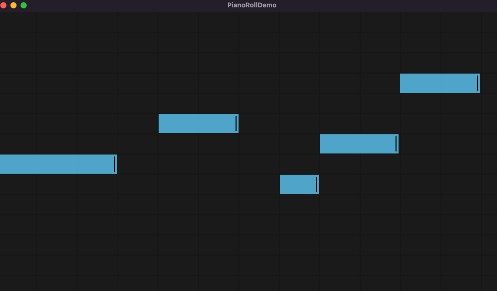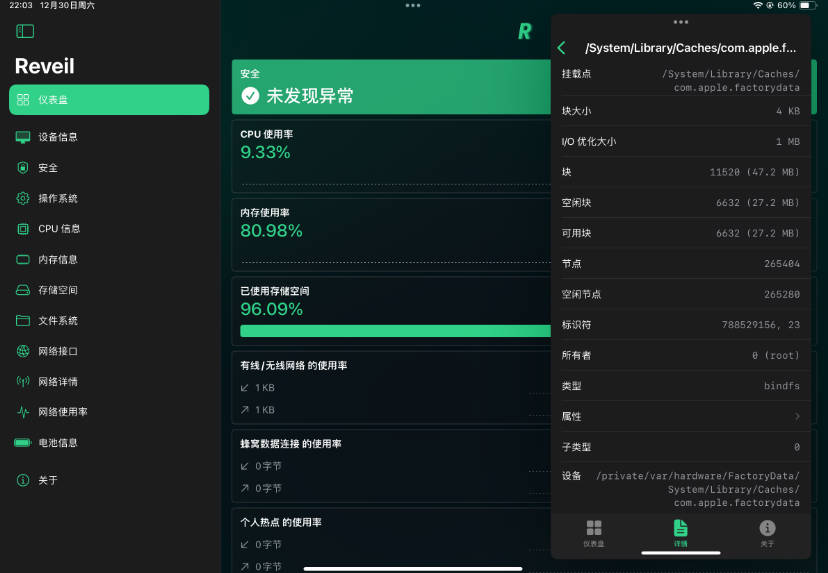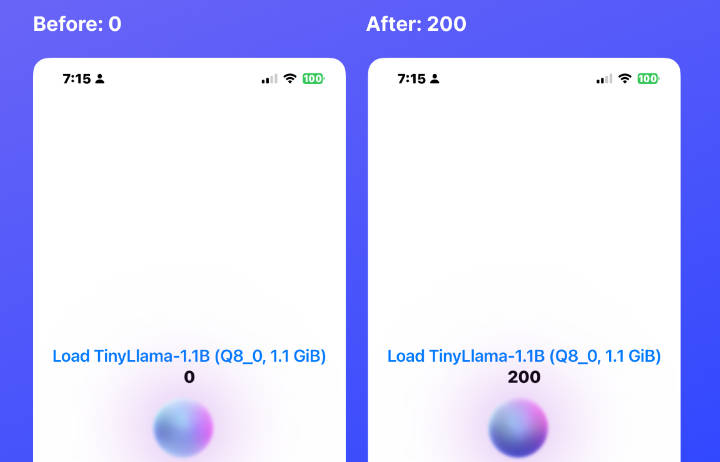AUv3Host
This is a simple host application for an AUv3 component. I use it to test out my SoundFonts AUv3 extension. It is very loosely based on code from Apple. My version allows for multiple instances of the same AUv3 component with user-defined presets for a collection. At present, only the iOS version is usable — the macOS version is more or less the same as Apple’s code, but it will not compile in the current state.
Customizing
If you want to use this host for your own testing purposes, you will simply need to change the definition of the
componentToLoad
constant defined in the AudioUnitHost file. This controls what AUv3 component AudioUnitHost will instantiate. For
this to work, you must have run the host app that contains your AUv3 component with the same type signature that is
found in the componentToLoad constant. If the component is not found, you will receive a prompt saying so from the
app.
Using
Right now, you can control the following:
- number of instances of the component defined in the
componentToLoadvariable (see above) - definition of presets that hold the settings for all of the components
Presets are just a collection of fullState values from the active AUv3 components — if there are 4 instances, then a
preset will have a collection of 4 values, one from each of the fullState attributes of an AUv3 component.
There currently two sound buttons:
Play— start playing a repeating scale of notes for each AUv3 instanceNote— play a single note for the currently active AUv3 component. Useful to hear the output of just one component.
Dependencies
The project itself consists of three internal Swift packages:
- AudioUnitHost — the hosting code for the AUv3 components
- PresetDocumentManager — handles preset creation, updating, and deletion as well as saving and restoring from
UserDefaults - TypedFullState — conversion between the
fullStatetype of[String: Any]and a typed-Any representation that can supports theCodableprotocol uses to save/restore values to/fromUserDefaults.
Additionally, the code also depends on the external AUv3Support Swift package that my AUv3 components also depend on. It also relies on Apple’s Swift Atomics to provide thread-safe changes to a few values using native Swift constructs.






